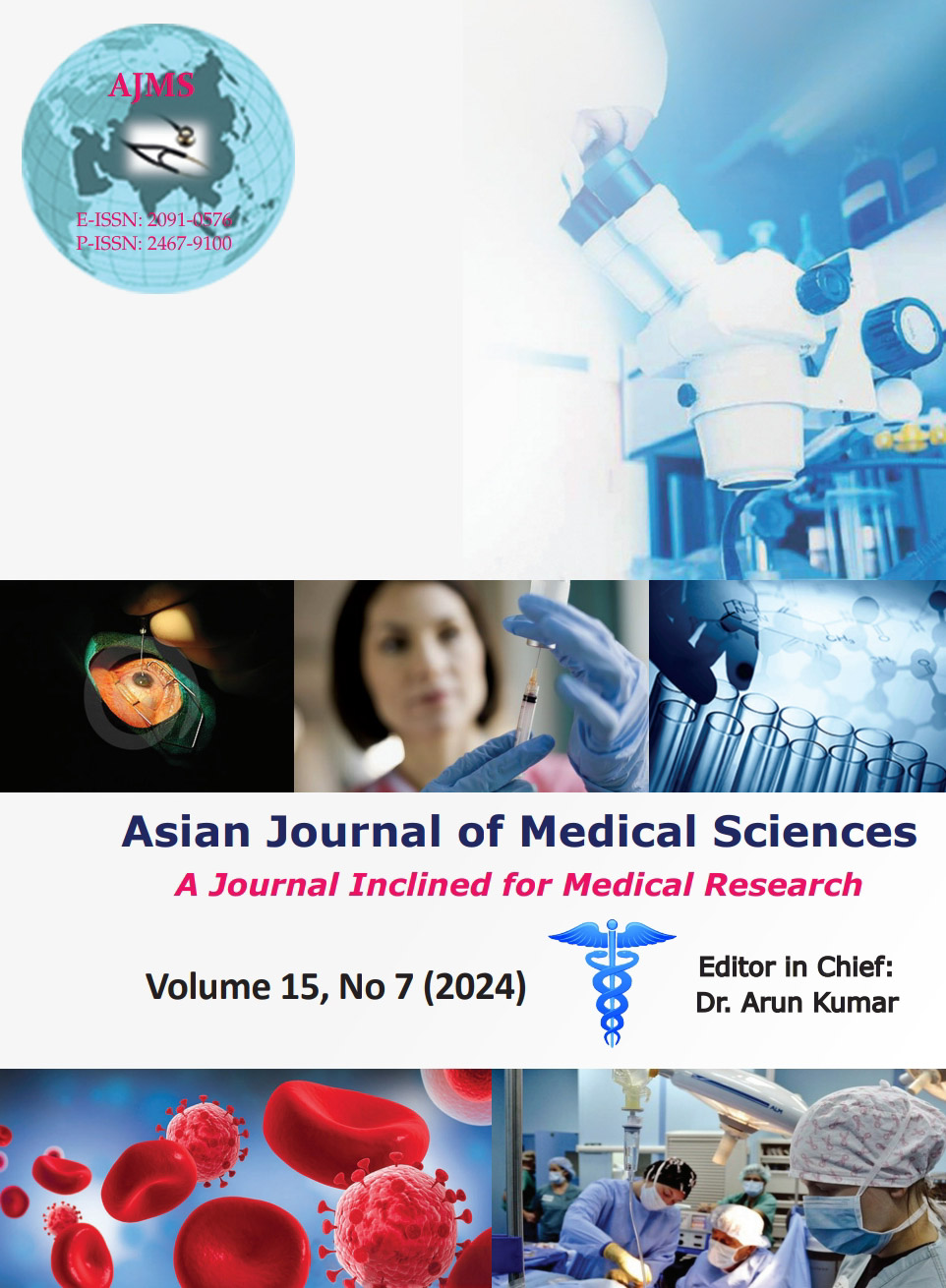Direct observation of procedural skills evaluation of suturing skills in surgical interns: A comprehensive analysis
Keywords:
Medical internship; Surgical skills; Suturing; Direct observation of procedural skills; Workplace-based assessment; Clinical competenceAbstract
Background: The internship period in medical education serves as a critical phase for students transitioning from theoretical learning to practical application within clinical settings. Surgical specialties, in particular, demand a high level of skill and competence from interns due to the inherent risks associated with surgical procedures. However, there is often a gap between the theoretical knowledge gained in medical college and the practical skills required in surgical practice.
Aims and Objectives: Therefore, keeping all the above facts in mind, the present study was undertaken to implement direct observation of procedural skills (DOPS) as a method for evaluating the suturing skills performance in interns.
Materials and Methods: This study focused on an intern in the Department of Surgery, aiming to assess their suturing skills using the DOPS method. A structured workshop was conducted to provide interns with hands-on training in suturing techniques. Subsequently, interns were divided into groups and assessed by assigned assessors using the checklist. Feedback was provided to interns after each assessment session. Data were collected through self-administered questionnaires distributed to interns and assessors, and statistical analysis was performed using SPSS software.
Results: Analysis of the data revealed a significant improvement in suturing skill scores among interns following the implementation of DOPS assessments. Mean scores increased substantially from the initial to subsequent attempts, indicating enhanced proficiency in suturing skills. Interns expressed positive perceptions of the DOPS methodology, highlighting its effectiveness in driving learning and improving confidence in performing surgical procedures.
Conclusion: DOPS not only facilitates skill development but also promotes confidence and competence in interns, preparing them for clinical practice. Overall, DOPS emerges as a valuable approach for evaluating and improving suturing skills among interns, contributing to their professional development as competent health-care practitioners.
Downloads
Downloads
Published
How to Cite
Issue
Section
License
Copyright (c) 2024 Asian Journal of Medical Sciences

This work is licensed under a Creative Commons Attribution-NonCommercial 4.0 International License.
Authors who publish with this journal agree to the following terms:
- The journal holds copyright and publishes the work under a Creative Commons CC-BY-NC license that permits use, distribution and reprduction in any medium, provided the original work is properly cited and is not used for commercial purposes. The journal should be recognised as the original publisher of this work.
- Authors are able to enter into separate, additional contractual arrangements for the non-exclusive distribution of the journal's published version of the work (e.g., post it to an institutional repository or publish it in a book), with an acknowledgement of its initial publication in this journal.
- Authors are permitted and encouraged to post their work online (e.g., in institutional repositories or on their website) prior to and during the submission process, as it can lead to productive exchanges, as well as earlier and greater citation of published work (See The Effect of Open Access).




